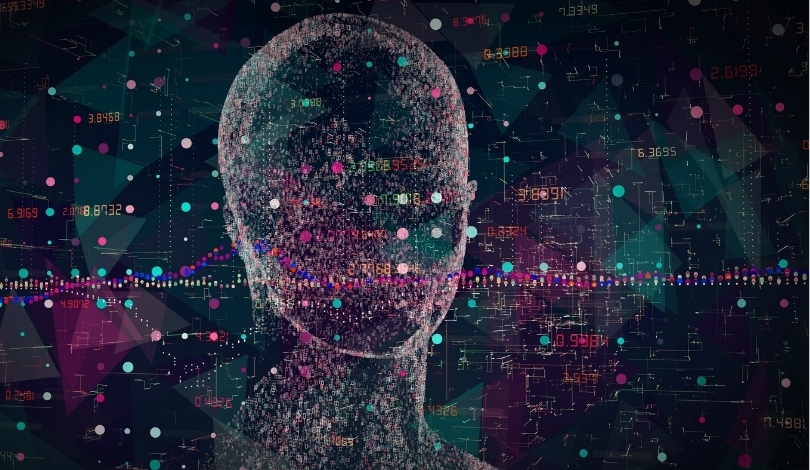The University of Maryland is at the forefront of integrating ethical principles into artificial intelligence systems. By fostering interdisciplinary collaboration, UMD aims to ensure that AI technologies are both powerful and equitable. This initiative addresses the growing need for AI that respects human rights and promotes social inclusion.
Over recent years, the focus on ethical AI has intensified, reflecting increasing concerns about AI’s role in society. UMD’s approach builds upon previous efforts to create responsible AI frameworks, adding new dimensions of inclusivity and transparency.
How Can AI Systems Incorporate Ethical Norms?
Researchers at UMD are exploring methods to embed normative understanding into AI. “How do we get this kind of information, this normative understanding of the world, into a machine that could be a robot, a chatbot, anything like that?” Canavotto explained. Their work involves developing a hybrid approach that combines rule-based programming with machine learning to ensure AI systems can learn ethical guidelines while maintaining transparency in their decision-making processes.
What Impact Does AI Have on Employment for Disabled Individuals?
Kameswaran’s research highlights the unintended consequences of AI in hiring practices. AI-driven platforms often prioritize behavioral cues like eye contact, which can disadvantage candidates with disabilities. “By focusing on some of those qualities and assessing candidates based on those qualities, these platforms tend to exacerbate existing social inequalities,” he noted. This insight underscores the need for AI systems that recognize and mitigate biases against marginalized groups.
What Are the Broader Ethical Challenges Facing AI Today?
The ethical considerations in AI go beyond individual applications, touching on data privacy, transparency, and societal biases. Both researchers emphasize the necessity of interdisciplinary collaboration to address these complex issues. “Companies often have an incentive to obscure this information,” Canavotto pointed out, highlighting the importance of public awareness and accountability in AI development.
Developing ethical AI requires a multifaceted approach that includes technical advancements, policy reforms, and societal engagement. UMD’s efforts in creating explainable and inclusive AI systems demonstrate a commitment to balancing innovation with ethical responsibility. By addressing both theoretical and practical challenges, the university is contributing to the creation of AI technologies that benefit all members of society.










